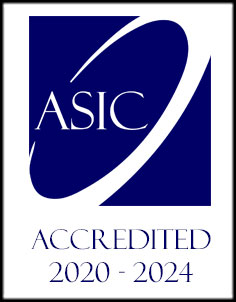Welcome
Sustainable Development Goal 16 pledges to ‘significantly reduce all forms of violence and related deaths everywhere’, and to 'promote the international rule of law through establishing and strengthening transparent, accountable and responsive institutions'.
Course Overview
This course will provide those involved in international security with a comprehensive understanding of key threats and the international mechanisms and methods to tackle them.
Interactive learning will support participants’ understanding of the key themes around international security, such as international frameworks and institutions, the importance of intelligence, and border security management. By examining in-depth case studies and evaluating essential tools to improve security, participants will leave equipped to build a strategic action plan to tackle the most pressing security priorities.
A comprehensive analysis of international security will be provided, with subjects to be discussed including:
- Border security aspects of international security
- The international fight against terrorism and crime networks
- Auditing and accounting to track financial fraud
- The role of new technologies in international security
- Intelligence in tackling international security issues
- Understanding anti-corruption in the field of international security
Experts in the field will lead this training through interactive workshops, lectures and best practice case studies, fostering innovation, creative learning and networking amongst peers.
Learning Outcomes
By the end of the course the delegates will be able to:
- Critically assess, develop and construct action plans to tackle security threats
- Lead effective organisational change
- Apply the key principles of good governance and the rule of law to their organisation
- Improve capacity and support structures, whilst reducing administrative burdens
- Monitor, evaluate and enhance performance
- Deliver services that more precisely meet stakeholder needs
Agenda
Day One
- - Terrorism and counterterrorism
- - History of terrorism
- - Terrorism from above and terrorism from below
- - Emergence and source of Islamic terrorism
- - Preventing terrorism and radicalization
- - Critical reflections on over 20 years of terrorism.
Day Two
- - Border and Border security
- - What is a border
- - The passport
- - Smarter border security
Day Three
- - Cyber security
- - How Does the Internet Work?
- - Where to Begin? Internet Addresses
- - The role of intelligence-led security activity in delivering security: interception and collection of intelligence; analysis and advice; the Snowden revelations and their impact

